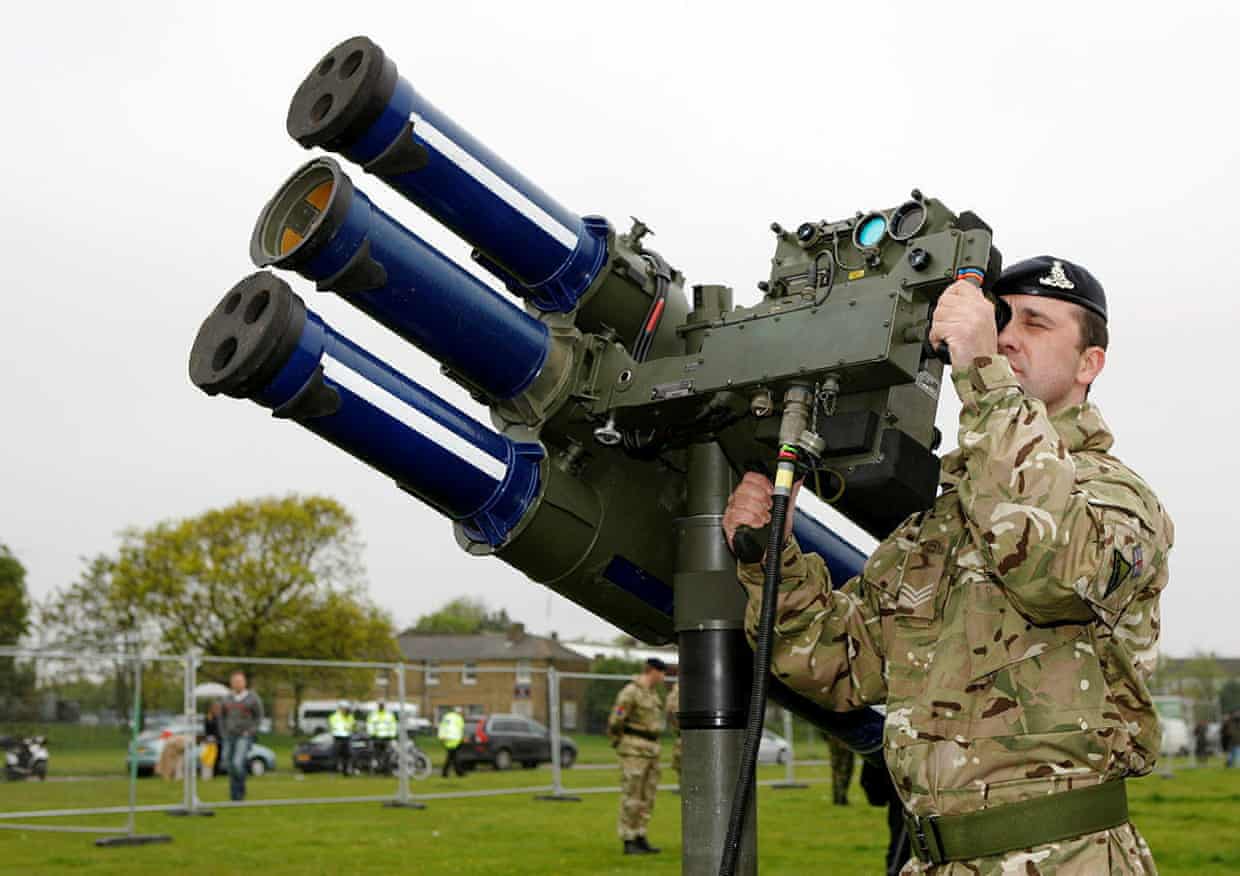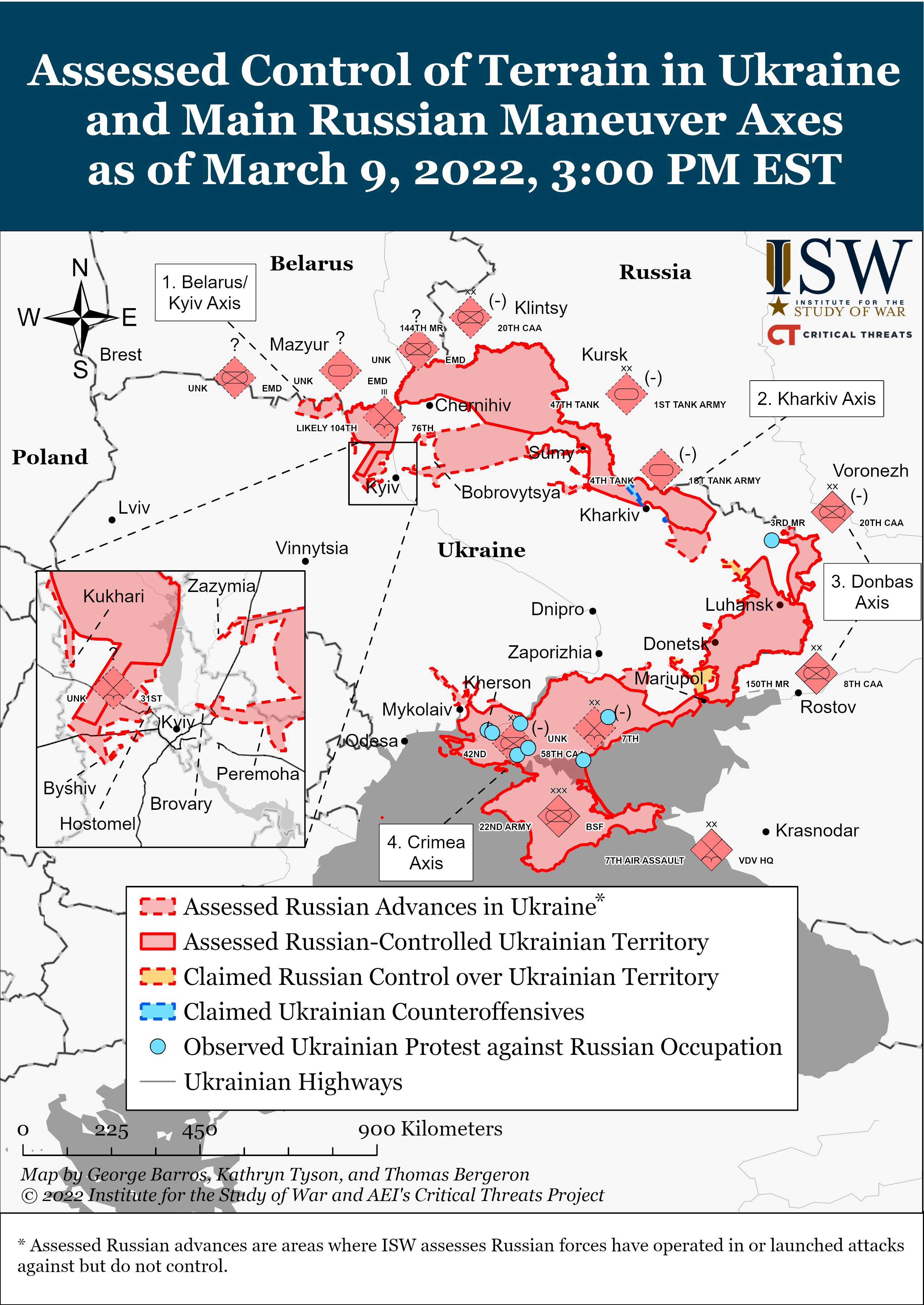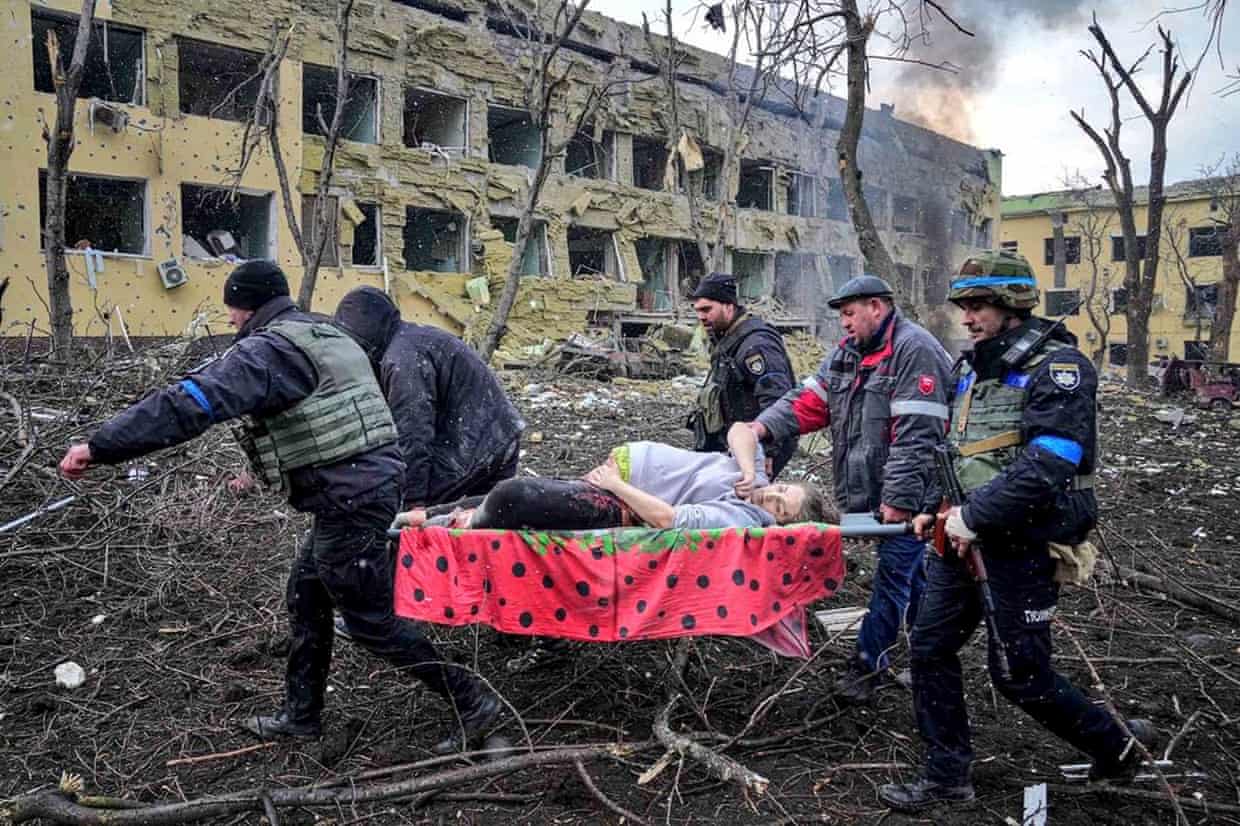*** MILITARY SITUATION ***
Russian Offensive Campaign Assessment, March 9 as of 3:00 pm EST
March 9th Map of Russian Operations:
Russian operations to continue the encirclement of and assault on Kyiv have likely begun, although on a smaller scale and in a more ad hoc manner than ISW expected. The equivalent of a Russian reinforced brigade reportedly tried to advance toward Kyiv through its western outskirts and made little progress. Smaller operations continued slowly to consolidate and gradually to extend the encirclement to the southwest of the capital. Russian operations in the eastern approaches to Kyiv remain in a lull, likely because the Russians are focusing on securing the long lines of communication running to those outskirts from Russian bases around Sumy and Chernihiv in the face of skillful and determined Ukrainian harassment of those lines. The battle for Kyiv is likely to continue to be a drawn-out affair unless the Russians can launch a more concentrated and coherent attack than they have yet shown the ability to conduct.
The Russian military is clearly struggling to mobilize reserve manpower to offset losses and fill out new units. The Kremlin admitted that conscripts have been fighting in Ukraine (in violation of Russian law) for the first time on March 9, although in a customarily bizarre fashion: according to the Kremlin, Vladimir Putin himself discovered that conscripts were operating in Ukraine while he was reviewing a report on the conflict. The Kremlin says Russian military judicial authorities will reportedly open an investigation into this practice and punish those responsible.[1] Putin himself would, of course, ultimately be responsible for having issued the mobilization orders that sent conscripts to the front. Reports have also surfaced that students at medical and theater schools were being conscripted in late February, along with some denials of those reports.[2] Social media users also flagged the movement of Russian peacekeeping forces in the Nagorno-Karabakh region, speculating that they may be withdrawing to participate in the war in Ukraine.[3] ISW cannot independently verify any of these reports. Their general tenor, however, aligns with our published assessment that Russia faces challenges in generating a new wave of combat-effective reservists or recruits in a short period of time and our assessment that Russia will need such a wave to complete its objectives
-Russian forces have likely begun renewed offensive operations into Kyiv and to continue its encirclement on the west, but have not made much progress.
-Russian troops east of the Dnipro near Kyiv are likely attempting to consolidate their lines of communication against significant Ukrainian counter-attacks and disruption to set conditions for attacking the capital from the east.
-Russia is unlikely to attempt to seize Kharkiv through a ground offensive in the coming days, but will probably continue efforts to encircle and/or bypass it.
-Russian and Russian proxy forces in Donetsk and Luhansk are driving to gain control of the full territorial extent of Donetsk and Luhansk Oblasts, but have not yet done so.
-Mariupol remains encircled and under bombardment.
-Russian forces continue to prepare for operations against Zaporizhya City but have not yet initiated them at scale.
-Russian forces from Kherson appear to be encircling Mykolayiv from the east but have not yet crossed the Southern Bug River. Russian operations against Odesa are unlikely to commence before Russia establishes a secure line of control from Crimea across the Southern Bug.
-Fighting north-west of Kyiv remains ongoing with Russian forces failing to make any significant breakthroughs. Ukrainian air defences appear to have enjoyed considerable success against Russia’s modern combat aircraft, probably preventing them achieving any degree of control of the air. However Kharkiv, Chernihiv, Sumy and Mariupol remain encircled by Russian forces and continue to suffer heavy Russian shelling.
-The United States has seen indications that Russia is dropping “dumb bombs” – unguided munitions with no precise target – on Ukraine, a senior US defence official said. They added that the US was observing “increasing damage to civilian infrastructure and civilian casualties”
-Russia’s foreign ministry has confirmed the use of the TOS-1A weapon system in Ukraine, Britain said. The UK’s ministry of defence said the system uses thermobaric rockets, creating incendiary and blast effects.
*** ECONOMIC & POLITICAL ***
-Ukrainian President Volodymyr Zelenskiy said he believes Putin will eventually cease hostilities and enter negotiations after seeing invading Russian forces encounter fierce resistance from Ukrainians, according to an interview with VICE News. “I think he will. I think he sees that we are strong,” Zelenskiy told the publication. “He will. We need some time.”
-Russia’s delegation at peace talks with Ukraine “will not concede a single negotiating point,” RIA news agency cited negotiator Leonid Slutsky as telling a television station on Wednesday.The two sides have carried out three rounds of talks since the start of the Russian invasion. Russian Foreign Minister Sergei Lavrov is scheduled to have talks in Turkey on Thursday with his Ukrainian counterpart Dmytro Kuleba.
-The US House of Representatives has approved a massive spending bill that would rush $13.6 billion in US aid to battered Ukraine and its European allies, the Associated Press is reporting. After approval in the House on Wednesday night, Senate approval is expected by week’s end or perhaps slightly longer.
-Canada will provide Ukraine with an additional $50m in lethal and non-lethal military aid, including Canadian-made cameras used in military drones and other specialised equipment, according to defence minister Anita Anand.
-The International Monetary Fund has approved $1.4 billion in emergency financing for Ukraine to help meet urgent spending needs and mitigate the economic impact of Russia’s military invasion.
-Britain may escalate its military aid to Ukraine by sending state-of-the-art anti-aircraft missile systems. UK defence secretary Ben Wallace said that “in response to a Ukrainian request” the government was exploring the donation of Starstreak high-velocity man-portable anti-air missiles, according to PA Media.
 |
| A Starstreak HVM (High Velocity Missile) surface-to-air missile system on display in an undated handout photo issued by the UK ministry of defence. |
-Asian shares surged on Thursday, tracking Wall Street’s gains as planned diplomatic talks between Russia and Ukraine buoyed sentiment, although analysts warned the rally could be susceptible to a sharp reversal as risks remain, Reuters reports. Oil prices also regained some footing, having fallen more than 12% on the previous session as United Arab Emirates pledged to support hiking oil output to ease mayhem in energy markets.
-CIA Director William Burns said Tuesday that Russia's invasion of Ukraine has fallen far short of Vladimir Putin's expectations and that he believes the Russian president is likely to escalate military operations. "I think Putin is angry and frustrated right now. He's likely to double down and try to grind down the Ukrainian military with no regard for civilian casualties," Burns testified before the House Intelligence Committee. "His military planning and assumptions were based on a quick, decisive victory." Burns was one of several intelligence chiefs who appeared before the committee's annual hearing on worldwide threats.
-So many citizens of Canada have shown up in Ukraine to fight for the country’s new foreign legion, the organization has set up a separate Canadian battalion, says a Ukrainian government source. The news is more evidence of a historic movement by people here to join the armed forces of another nation, and potentially risk their lives in combat against Russian invaders. The 550 would-be fighters that have arrived from Canada so far are part of a battalion based in Kyiv, said the representative of the International Legion for the Territorial Defence of Ukraine, who asked not to be identified for security reasons. “International legion volunteers are usually kept together for logistics purposes as it is easier for communication, to avoid language barriers,” he said. Meanwhile, a Ukrainian-Canadian activist helping in the recruitment of fighters in this country said hundreds more have volunteered to fight in Ukraine.
-The British Army is reportedly trying to track down troops who are suspected of traveling to Ukraine despite the UK government’s stated wish to avoid entangling itself in the Ukraine-Russia military conflict. “We are aware of a small number of individual soldiers who have disobeyed orders and gone absent without leave, and may have travelled to Ukraine in a personal capacity,” a British Army spokesman told Sky News on Wednesday. “We are actively and strongly encouraging them to return to the UK.” UK service members are currently prohibited from travelling to Ukraine for any reason, even if they have been granted leave.
-The US has rejected Moscow’s allegation that it helps to operate “biolabs” in Ukraine working with highly dangerous pathogens. Russia claimed that Kiev is scrambling to destroy the materials and cover up a possible violation of the 1972 Biological Weapons Convention (BWC). “The United States does not own or operate any chemical or biological laboratories in Ukraine, it is in full compliance with its obligations under the Chemical Weapons Convention and Biological Weapons Convention, and it does not develop or possess such weapons anywhere,” US State Department spokesperson Ned Price said on Thursday.
-Beijing has pledged to defend Chinese companies and individuals trading with Russia against America’s wish. China will protect its companies and people who have come under threat of US sanctions over trading with Russia, a spokesman for the Chinese Foreign Ministry said on Wednesday, commenting on Washington’s warnings. Foreign Ministry spokesman Zhao Lijian said Beijing “will take all necessary measures to resolutely safeguard the legitimate rights and interests of Chinese enterprises and individuals.” The Chinese official reiterated his government’s criticism of unilateral sanctions, saying they have no basis in international law and only cause “serious difficulties to the economy and people’s livelihood” in targeted nations instead of fostering peace and security. Washington should “take China’s concerns seriously” when implementing its restrictions against Russia so that they don’t “harm China’s rights and interests in any way,” Zhao warned.
-Ukrainian internet and the war: In the days before Russia invaded Ukraine, many observers thought the tanks would be preceded by cyber attacks and a media blackout as Russian hackers took down the country’s communications. Instead, Ukraine’s IT infrastructure has held up, allowing officials and citizens alike to dominate the global narrative with images of confused Russian soldiers and downed fighter jets. One prevailing theory on why? Russia is dependent on that same network to carry out its attack.
-Under steady Russian bombardment, workers in Ukraine’s besieged southern port city of Mariupol are hastily and unceremoniously burying scores of dead Ukrainian civilians and soldiers in a mass grave. With morgues overflowing and more corpses uncollected in homes, city officials decided they could not wait to hold individual burials. A deep trench about 25 meters (27 yards) long dug in an old cemetery in the heart of the city is filling up with bodies collected by municipal social service workers from morgues and private homes. Some are brought wrapped in carpets or plastic bags. Forty came Tuesday, another 30 so far Wednesday. They include civilian victims of shelling on the city and soldiers
-US secretary of state Antony Blinken and Ukrainian foreign minister Dmytro Kuleba, in a phone call on Wednesday, discussed additional security and humanitarian support for Ukraine after Russia’s invasion, the state department said in a statement.
-Western officials warned of their “serious concern” that Vladimir Putin could use chemical weapons on Kyiv. In an assessment, they said an “utterly horrific” attack on the Ukrainian capital could be unleashed as Russian forces attempt to overcome the logistical issues that have apparently plagued troops headed towards Kyiv.
-More than 40,000 civilians were evacuated from all over Ukraine today but authorities struggled to get people away from conflict zones around the cities of Kyiv, Kharkiv and Mariupol, a Ukrainian negotiator said.
-Thousands of dockworkers at ports along the US west coast are refusing to handle any Russian cargo in response to Russia’s invasion of Ukraine, Dani Anguiano writes. The International Longshore and Warehouse Union, which represents about 20,000 workers at 29 ports from Bellingham, Washington, to San Diego, California, announced the policy last week, calling the invasion “an act of aggression that endangers a population of more than 40 million people”.
-The United States is rapidly processing requests from Americans to export firearms and ammunition to Ukraine, the US Commerce Department said on Wednesday. Americans are collecting weapons for Ukraine after President Volodymyr Zelenskiy called on his citizens to defend the country from invading Russian forces and promised to arm them. The Commerce Department said it had imposed export controls on Russia to “degrade its ability to sustain military aggression” and Americans should check agency regulations to see if a license was needed to ship specific firearms to Ukraine.
-Mining giant Rio Tinto has become the latest corporation to cut ties with Moscow saying it was ending all commercial relations with Russian businesses.
-Industrial conglomerate 3M announced that it is suspending its business in Russia


No comments:
Post a Comment